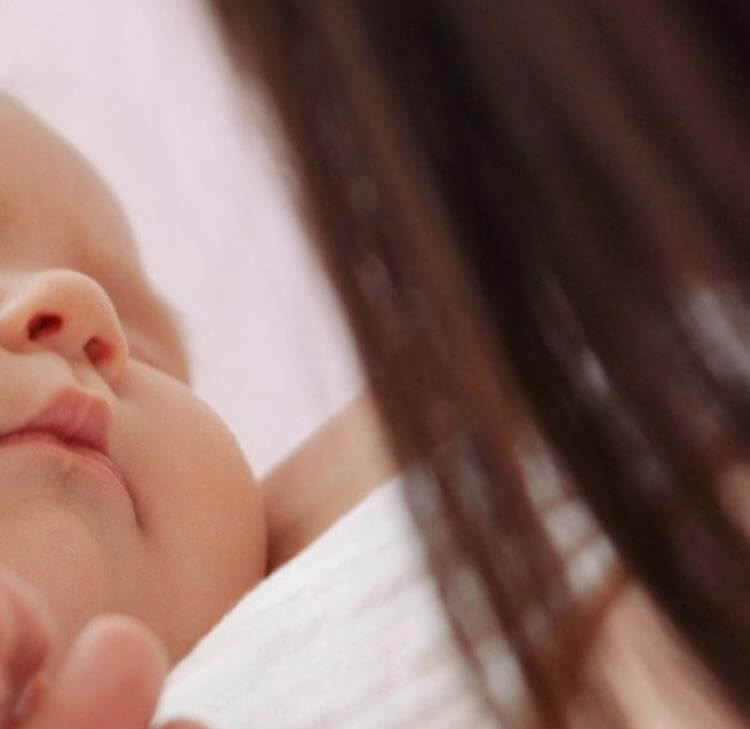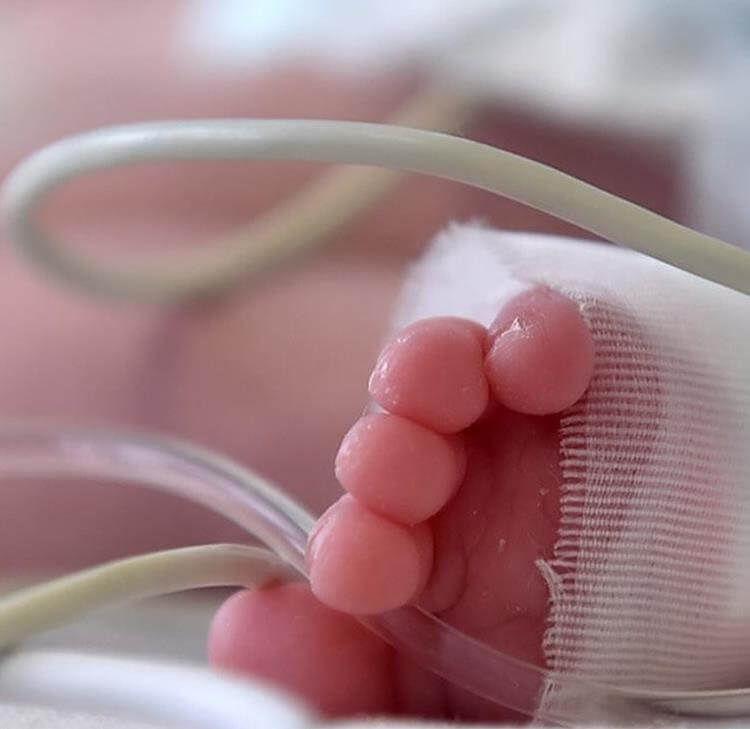The government has previously set out its Plan for Change and New NHS programme to reduce brain injury in childbirth to improve maternity safety.
NHS Providers has now published its findings Bold action: tackling inequalities in maternity care which set out insights from 16 NHS Trust leaders' perspective as to what is required on the frontline to enable change and improvement.
Trust leaders call for "bold action" and commitment to adequate continued funding and resource.
While many women experience safe, high-quality maternity care, variation in outcomes remains a concern. Data continues to show that women from Black and other racially minoritised backgrounds, as well as those living in areas of higher deprivation, face disproportionately higher risks during pregnancy and childbirth. These differences underscore the need for continued, focused efforts to ensure maternity care is equitable and responsive to the needs of all communities.
The call for action
Trust leaders identified action required in nine key areas:
- Access improvements: Enhance language services by providing national guidance and a framework for language and translation services in maternity services, including recognition of the specific need for out-of-hours provision. Target funding to reduce access inequalities.
- Continuity of care: Update the national policy on continuity of care to prioritise continuity of carer, focusing on high-risk women.
- Workforce and culture: Innovate in recruitment and retention to close staffing and skills gaps (for example, consideration of alternative routes to midwifery training), increasing diversity and training.
- Race equality: Implement standardised training and practices to tackle racism and bias.
- Community co-production: Support sustainable funding for community partnerships and policy co-production such as the Maternity and Neonatal Voice Partnerships (MNVPs) which are a positive resource to engage women, enabling them to have a say in the development and delivery of maternity care.
- Funding and resource: Ensure maternity services are prioritised and adequately funded to enable both effective operational delivery and to implement long-term transformational improvements.
- Reporting burden: Streamline maternity reporting requirements, to better enable meaningful action to reduce inequalities and improve quality of care.
- Data: Streamline data processes and improve ethnicity data recording and usage.
- Preventive pathways: Upstream focus to bring system and local partners together to prioritise prevention including improved integration 999 and 111 emergency call referral pathways.
Conclusion
As work continues across England to reduce variation in outcomes and improve maternity safety, reports like this help shape a more coordinated and informed approach - one that reflects both the realities on the ground and the collective ambition for equity in care.
We are committed to assisting NHS Resolution, NHS Trusts and other healthcare organisations with delivering on their strategy to improve maternity outcomes. Please do get in touch to discuss how me may be able to help your organisation.
Browne Jacobson’s Maternity Resources Hub also provides resources and information about our specialist team and includes our contact details.
Discover more
You may be interested in
Legal Update
Transforming maternity care: National expansion of the ABC programme to protect newborns
Opinion
Maternal Mental Health Awareness 2025
Legal Update
A new chapter for families: Reflecting on the first month of the introduction of neonatal care leave
Legal Update
Celebrating midwives in England and Wales on International Day of the Midwife
Opinion
Celebrating maternity excellence
Opinion
Antenatal Screening Wales Annual Report 2022-24
Legal Update
The Generation study at UHDB: A pioneering approach to genetic healthcare
Legal Update
Improving maternity care for recent migrant women with language barriers
Legal Update
New rights to Neonatal Care Leave and Pay Act: What do employers need to know
Legal Update
Improving maternity safety: Insights from MNSI’s annual recommendation report
Legal Update
University Hospitals of Derby and Burton NHS Foundation Trust invest in telemetry to improve maternity care and patient experience in labour
Legal Update
Informed consent and caesarean birth: RCOG launches new obstetrics animation
Legal Update
MNSI annual report 2023/24: Key insights and future ambitions for maternity safety
Opinion
Enhancing care for women with ectopic pregnancies: Insights from MBRRACE-UK
Legal Update
DISCERN study published: How to improve discussions with families when things go wrong in maternity care
Opinion
Revolutionising patient care: Innovative kit for instant translation in 240 languages
Opinion
New Government plans for NHS maternity services: What can we expect?
Opinion
New online system streamlines maternity services at The University Hospitals of Derby and Burton NHS Foundation Trust
Opinion
The power of parental touch for babies undergoing painful procedures
Opinion
Newborns born outside of hospitals at higher risk of hypothermia during emergency responses
Opinion
Health Service Journal reports on growing trend of “free birthing”
Legal Update
Introduction of baby loss certificates gives recognition to millions of bereaved families in the UK
Legal Update
Chesterfield Royal Hospital ranked amongst the top Trusts nationally in the 2023 Maternity Survey
Opinion
Coronial investigations of stillbirths - summary of consultation responses
Opinion
BBC investigation finds NHS interpreting service problems contributed to baby deaths and serious brain injuries
Legal Update
The NHS Long Term Workforce Plan 2023
Legal Update
HSIB publishes 'Maternity Investigation Programme: Year in Review 2022/23'
Opinion
Racial disparities in maternity care
Opinion
University Hospital Leicester hold their inaugural Maternity Safety Conference
Opinion
Changes to redundancy protections for employees post-maternity leave
Press Release
Father Christmas comes to University Hospital Coventry and Warwickshire care of Browne Jacobson’s Birmingham Office Community Action Group
Opinion
The Patient Safety Incident Response Framework (PSIRF) and its impact on maternity services
Guide
Mediation guide for Clinicians: What do you need to know and how do you need to prepare
Opinion
Baby Loss Awareness Week
On Saturday 15 October a wave of light swept the internet when thousands of people flooded social media with pictures of candles to remember the babies that they have lost. This event signifies the end of Baby Loss Awareness Week which aims to break the silence that is associated with baby loss in pregnancy and infancy.
Opinion
The impact of COVID-19 on maternal deaths
HSIB published its report on Maternal deaths during the first wave of COVID-19. The report takes a closer look at the impact that COVID-19 had during the initial period of March to May 2020.
Legal Update
The Ockenden Final Report – a blueprint for safe maternity care from ward to Board
The much anticipated final Ockenden report was published on 30 March 2020. The final report sets out the findings of the review into care provided to 1,486 families, and sets out a blueprint for safe maternity care.
On-Demand
Maternity mock inquest - film 1
Consent is often a key issue in obstetric claims and if it is relevant to the facts of the death, its likely to be an area explored by a coroner.
On-Demand
Maternity mock inquest - film 2
This video illustrates some of the issues that can arise when a witness is poorly prepared.
On-Demand
Maternity mock inquest - film 3
This film highlights the importance of creating an open and transparent culture where staff feel able to speak up will help Trusts to identify problematic practise before significant issues arise.
Legal Update
Checklist when preparing for remote participation in an inquest hearing
Lockdown restrictions in March 2020 led to many inquest hearings being postponed. As restrictions eased, Coroners came under increasing pressure to reduce the number of delayed inquest hearings. In June 2020, the Chief Coroner issued Guidance No. 38 to facilitate remote participation in coroner’s inquests.

































